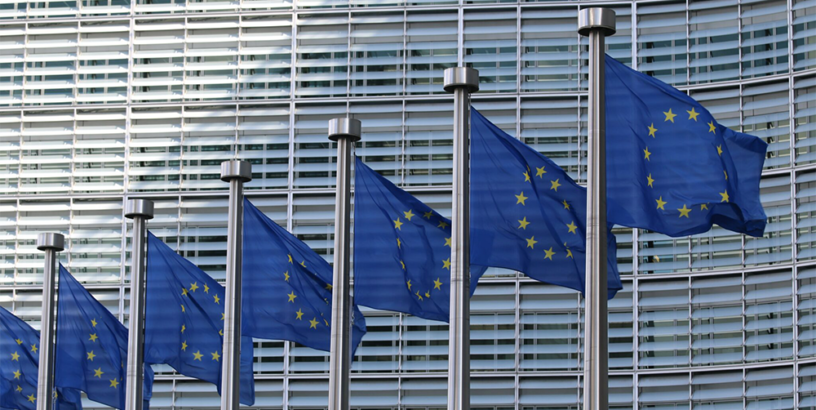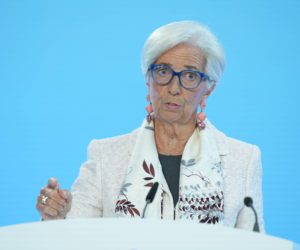Hungary has over ten times the EU average of financial irregularities in handling EU investment, according to the latest report from the bloc’s agency for tackling financial fraud.
The European Anti-Fraud Office (OLAF), have recommended the EU recall 3.93% of the payments it made to Hungary under the umbrella of structural investment funds and agriculture, in the period 2015-2019.
The average across the EU the for the same period is 0.36%, and Hungary is a notable outlier. The next biggest offender is Slovakia, but OLAF recommends a recall of only 0.53% of the payments in that country’s case.
The findings on Hungary come after a total of 43 closed investigations into how Hungarian officials have managed the funds received.
Hungary received the highest number of investigations across the EU. Among other nations with high investigation numbers were Romania (40), Italy and Poland (22), and Bulgaria (20).
Vice President of European parliamentary group Renew Europe, and MEP for Hungary’s Momentum Movement Katalin Cseh tweeted the findings yesterday. She cautioned that OLAF, “only has the capacity to monitor 5-10% of EU funds. Where they do monitor, they mostly find irregularities.”
Alongside OLAF’s investigative powers, it is backed by European Commission directives requiring any suspicion of fraud in amounts exceeding €10,000 to be flagged. However, its report stressed that the investigative activities of member states are “the first line of defence against any attempt to defraud the EU budget.”
In a press release today, the ruling Hungarian Party Fidesz acknowledged OLAF’s findings that approximately €467 million in EU investments had been tainted by fraud.
However, they laid the blame exclusively on the previous Hungarian Socialist Party government, who were in power up to the election of 2010. Fidesz, with Prime Minister Victor Orbán, have led Hungary since that time.
Elsewhere, OLAF’s investigative work currently highlights areas like machinery purchases, research funding, counterfeit goods and cigarettes smuggling as examples of where fraud has more commonly occurred in the last four years.
Share this on:
Follow us on:








